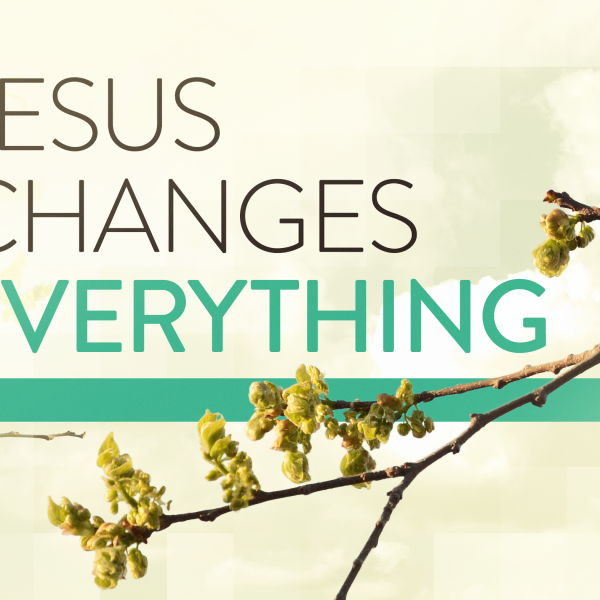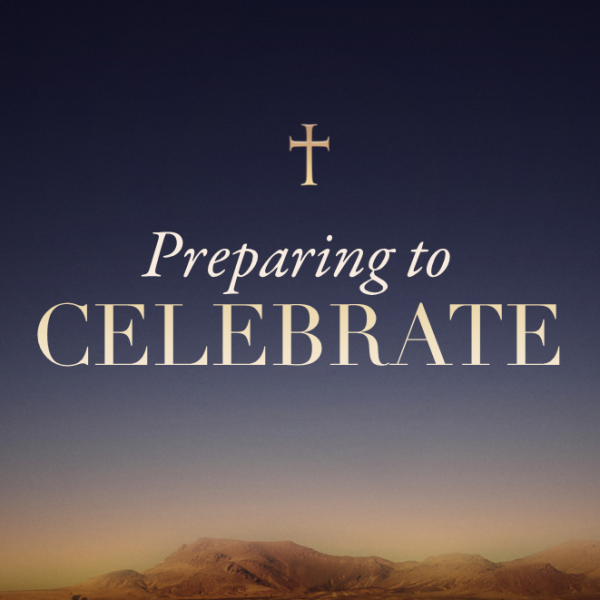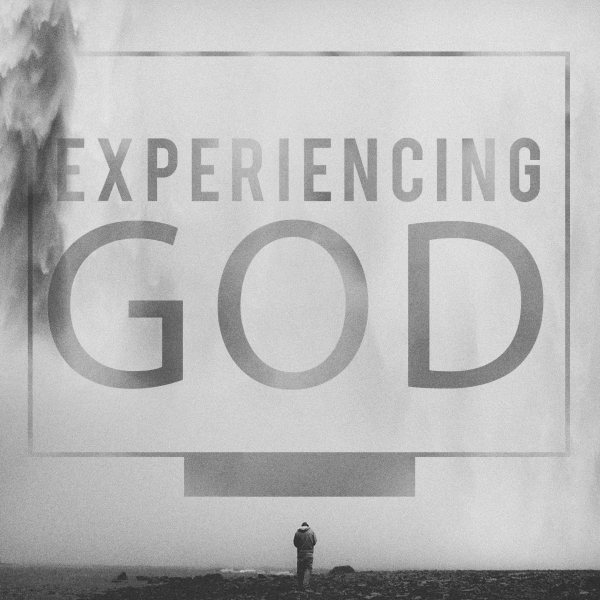The God of Sufficiency
LENT DEVOTIONS (WEEK 4)
This week we move from a place of a challenge to a place of familiarity. The Lenten passage this week is one that is well known across many Christian denominations. For our devotion, we focus on the latter half of this passage and how it might inspire us in a new and fresh way.
SCRIPTURE: John 3:19-21
DISCUSSION: Take some time to talk about or draw on paper different opposites that you see in your everyday life? What can you learn from them? Together, think of and share times that light was helpful. Also, think of and share times where light was uncomfortable. This John passage urges us to seek truth and to live in the light. What might that look like for you in your home? In your school? In your community?
ACTIVITY: One way that we can follow Jesus is by looking for ways to share the “light of Christ” with others. Our John passage shares that when we live in the light, others will understand that our actions are in line with God’s purposes. But how can we increase our awareness of following the light of Christ? This week, consider using the following verse from the letter to the Philippians as a guide. “Finally, beloved, whatever is true, whatever is honorable, whatever is just, whatever is pure, whatever is pleasing, whatever is commendable, if there is any excellence and if there is anything worthy of praise, think about these things.” (Philippians 4:8). This Sunday evening, gather as a family and brainstorm how you can live in a way that shines Christ’s light in your church, school, community this week. Write down or draw the example you choose. As your act of fasting this week, make the choice to practice your example of Christ’s light in the world. Make a point to check in with each other during the week by asking, “How are you choosing light today?”
PRAYER: God of love and light, You gave us your Son to conquer death and bring us into life. To lead us out of darkness and illuminate our paths with light. Help us this week and every week to learn how to choose light and to share that light with each other so that we may know the vastness of your love for us and for this world. AMEN.
God Opens Eyes
- Do we have to “pay” in this life when we have done something bad? Do children have to pay for the bad choices of their parents?
Read John 9:1-12
- How did the disciples explain the fact that this man was born blind?
- Does this line of reasoning still exist today?
- How does Jesus explain the situation?
- Jesus proceeds to heal that man. What is the significance of the healing? How does it relate to Jesus’ explanation?
- What is the significance of the way Jesus healed the man?
- The man does not seem to know who Jesus really is at the time of his healing. All he knows is what Jesus did for him. Only after a second encounter with Jesus does he “see” who Jesus is (v.35-38). How do you explain this? What can you learn from this?
- If you read the rest of the chapter you will notice that this healing triggers a lively dialogue between the bystanders, Pharisees, parents and Jesus. The theme: who is actually blind and who is not. So, who is “blind” and who is it that “sees” according to this story?
- Where are you on this spectrum?
A God Who Cares
1. Think of a time in your life when you felt cared for. What was the occasion? How did you experience care? How did it make you feel?
Read John 6:1-12
2. Jesus cared for the physical well-being of the people who came to listen to Him. What does it tell you about Jesus/God? How have you experienced this kind of care?
3. What exactly did Jesus want to find out when he tested the disciples (v.5-6)? What do Philip’s and Andrew’s answer to the challenge reveal?
4. By multiplying bread and fish Jesus provided generously for the needs of the people. What is the significance of Jesus commanding His disciples to pick up the leftovers?
5. Do you feel God is generous in how He provides? Share and explain.
6. The response of the people to this miracle reveals their selfishness (v.14-15). How?
7. It says in v.15 “…and Jesus withdrew again to the mountain by himself.” It seemed to be something Jesus did habitually. Why?
Read v.16-21
8. The disciples are left to fend for themselves. Can you recall a time or situation in your life when you felt you had to fend for yourself and Jesus felt far away? What happened? Why did you feel that way?
9. Jesus has many ways to get to where “I am.” All nature is at His display if He needs it. When have you experienced Jesus showing up when you least expected it?
10. Where do you sense Jesus telling you, “It is I; don’t be afraid”?




